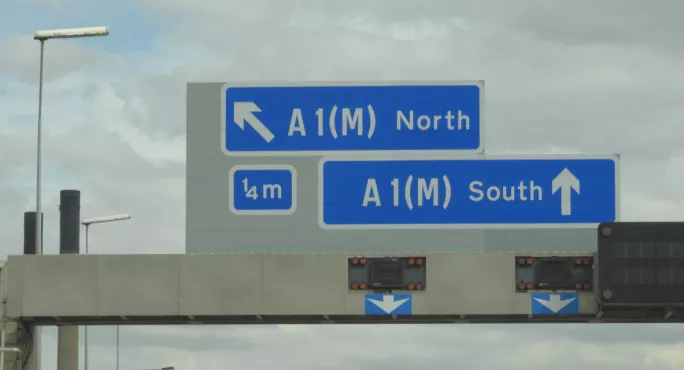North East schools warn of £7m pupil premium shortfall

Schools in the North East are set to lose more than £7 million in funding because of a change in the way the pupil premium is allocated, according to new analysis.
The government changed its policy so the number of children attracting pupil premium funding from April would be based on a census from last October, and not in January, as schools had been expecting.
Exclusive: Hit on pupil premium ‘offsets’ catch-up cash
Investigation: ‘Come clean’ on funding gap, DfE told
Background: Teachers ‘sickened’ as DfE delays cash for poor pupils
Revealed: Primaries’ catch-up cash ‘wiped out’ by funding shift
Analysis by Schools North East, the North East Child Poverty Commission and Children North East says the change will leave schools in the region short between £5.16 million and £7.26 million in the coming financial year.
They have written to education secretary Gavin Williamson to urge him to reverse the funding decision.
New data suggests there was an increase of 5,400 pupils in receipt of free school meals (FSM) across the North East between the school census of October 2020 and that of January 2021, but schools will not receive pupil premium funding for these students.
Schools North East director Chris Zarraga said: “In a year where many families have faced difficulties with furlough and widespread redundancies, the number of students eligible for pupil premium has increased.
“However, this decision from the government means schools won’t receive the money they need to properly support those students, and existing high levels of deprivation and a wider gap in learning loss means that schools in our region are likely to be hit even harder than elsewhere.
“With school budgets already suffering due to continuing outgoing costs of Covid safety measures, this will have a serious detrimental impact on our students, who have already suffered significant disruption over the past year.”
North East Child Poverty Commission director Amanda Bailey said: “We all know the Covid-19 pandemic has had a devastating effect on people’s lives and livelihoods, and these new figures illustrate quite how stark that economic impact has been for thousands of families across our region, given how stringent the free school meal threshold currently is.
“It’s not right that some of the most disadvantaged pupils in the North East could lose the additional support they are entitled to as a result of this change, not least after the enormous upheaval they have faced to their education and wider lives over the past 12 months.
“Providing additional funding with one hand, while taking it away with the other totally undermines the government’s pledge to support students through this pandemic.”
One headteacher, Kenton School assistant principal Sarah Price, said that to help pupils in receipt of the pupil premium, they had been delivering weekly food parcels, “supported with utility bills so that they didn’t go cold over the winter, provided access to the internet in order to ensure pupils were able to keep up with their home learning and funded transport to allow vulnerable pupils to attend during the closure.”
Earlier this month, local authorities across London wrote to education secretary Gavin Williamson demanding a reversal of the change, which teachers and heads described as “scandalous” and “sickening” when they became aware of it earlier this year.
In their letter, they said the funding changes “more than offset” the government’s £705 million funding package of support for schools to help pupils catch up on lost learning during the pandemic, because of the “massive loss of pupil premium funding”.
The change will leave a £3.5 million hole across the education budgets of five London boroughs that surveyed their schools: Ealing, Barking and Dagenham, Hounslow, Lewisham and Merton.
The government has also been condemned for its secrecy around the policy change, with the DfE refusing to release data quantifying the impact on school budgets as a whole.
A Tes investigation has begun to reveal how much each area stands to lose from the policy shift, with two councils - North Yorkshire and Wakefield - estimating funding gaps of more than £800,000.
NEU teaching union joint general secretary Mary Bousted called on the government to “come clean” about how much money it would save from the policy change.
You need a Tes subscription to read this article
Subscribe now to read this article and get other subscriber-only content:
- Unlimited access to all Tes magazine content
- Exclusive subscriber-only stories
- Award-winning email newsletters
Already a subscriber? Log in
You need a subscription to read this article
Subscribe now to read this article and get other subscriber-only content, including:
- Unlimited access to all Tes magazine content
- Exclusive subscriber-only stories
- Award-winning email newsletters
topics in this article



